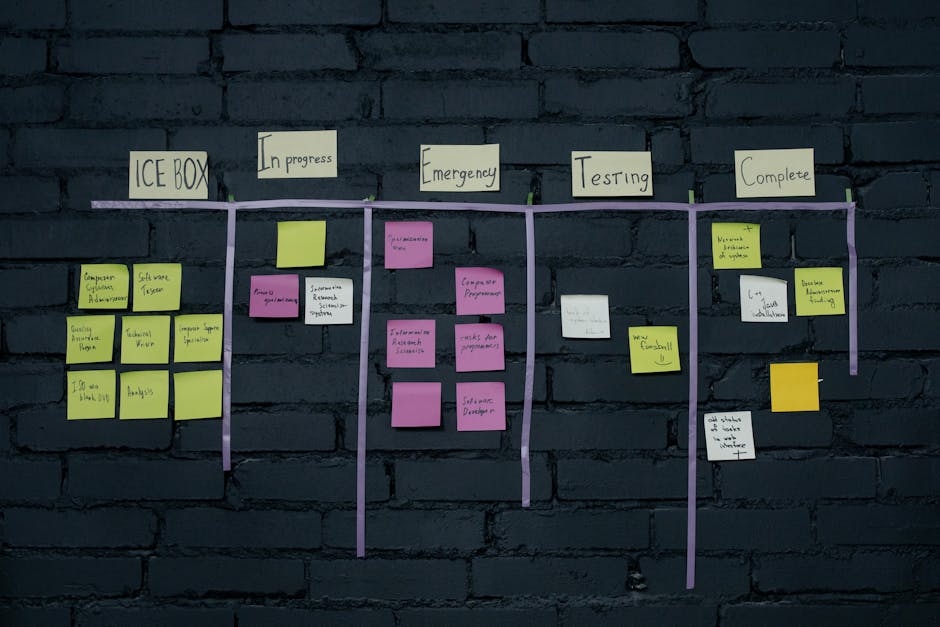Top Project Management Certifications to strengthen your resume

As the demand for skilled project managers continues to grow, earning a recognized certification can significantly enhance your career prospects. Project management certifications not only validate your skills but also demonstrate your commitment to professional development, making your resume stand out to potential employers. Project management certifications are more than just credentials, they are a testament to your ability to manage and execute projects effectively. According to the Project Management Institute (PMI), the demand for project managers is expected to increase by 33% by 2027, adding nearly 22 million new jobs globally (pmi.org). Certifications can help you meet this demand by equipping you with the skills and knowledge needed to handle complex projects, manage teams, and deliver successful outcomes.
These certifications are often recognized globally, offering opportunities for career advancement across various industries. For instance, obtaining a Project Management Professional (PMP) certification from PMI can significantly boost your earning potential. According to PMI's Salary Survey, PMP-certified professionals earn 22% more on average compared to those without the certification (pmi.org).
Top Project Management Certifications
Here’s a breakdown of some of the most sought-after project management certifications that can strengthen your resume:
- Project Management Professional (PMP): Offered by PMI, this certification is ideal for experienced project managers. It covers essential areas like initiating, planning, executing, monitoring, controlling, and closing projects. A minimum of 4,500 hours of project management experience is required.
- Certified Associate in Project Management (CAPM): Also provided by PMI, CAPM is suitable for those who are new to project management. It focuses on fundamental concepts and processes and requires no prior experience.
- PRINCE2 Foundation/Practitioner: PRINCE2 (Projects IN Controlled Environments) is widely used in the UK and Europe. The Foundation level introduces the basics, while the Practitioner level covers advanced techniques.
- Agile Certified Practitioner (PMI-ACP): This certification is ideal for those working in Agile environments. It covers Agile principles and practices, including Scrum, Kanban, Lean, and more.
- Certified ScrumMaster (CSM): Focused on Scrum methodology, CSM is perfect for those managing Agile projects. It helps you understand the Scrum framework and how to apply it effectively in real-world scenarios.
| Certification | Offered By | Experience Required | Key Focus Areas |
|---|---|---|---|
| PMP | PMI | 4,500 hours | Initiating, Planning, Executing Projects |
| CAPM | PMI | None | Fundamentals of Project Management |
| PRINCE2 Practitioner | AXELOS | None (Foundation required) | Controlled Environment Projects |
| PMI-ACP | PMI | 2,000 hours general experience + 1,500 hours Agile experience | Agile Principles and Practices |
| CSM | Scrum Alliance | None (Basic knowledge recommended) | Scrum Framework and Roles |
The Right Certification for Your Career Path
The choice of certification depends on various factors including your career stage, industry demands, and long-term goals. If you're an entry-level professional or transitioning into project management from another field, certifications like CAPM or PRINCE2 Foundation may be appropriate as they introduce fundamental concepts without requiring prior experience.
If you're an experienced professional aiming for leadership roles or seeking global recognition, PMP or PRINCE2 Practitioner could be more suitable. These certifications not only require substantial experience but also cover comprehensive methodologies that are applicable across industries. If you work in Agile environments or plan to do so in the future, consider pursuing PMI-ACP or CSM. These certifications focus on Agile principles and practices that are increasingly being adopted by organizations worldwide.
Time and Cost Considerations
Earning a project management certification requires both time and financial investment. For example, PMP certification costs around $555 for non-members of PMI but offers significant returns through increased earning potential (pmi.org). On the other hand, CAPM costs approximately $300 but serves as an excellent entry point into project management. The time commitment varies depending on the certification chosen. For PMP, you'll need extensive preparation time due to its rigorous examination process. In contrast, CSM may require less preparation but still demands a thorough understanding of Scrum principles.
This investment often pays off as certified professionals tend to have better job prospects and higher salaries. According to a study conducted by Robert Half International Inc., employers prioritize candidates with relevant certifications when hiring for project management roles. Earning a top-tier project management certification can significantly enhance your career prospects by validating your skills and knowledge. Each certification offers unique benefits tailored to different levels of experience and industry needs. Investing time and resources into obtaining these credentials can lead to greater job opportunities and increased earning potential.
About the writer - Damian London
Damian is a veteran global consultant specializing in technology, marketing, business, and education, with a professional career spanning over 20 years.
This article was last updated in Jun '24.
